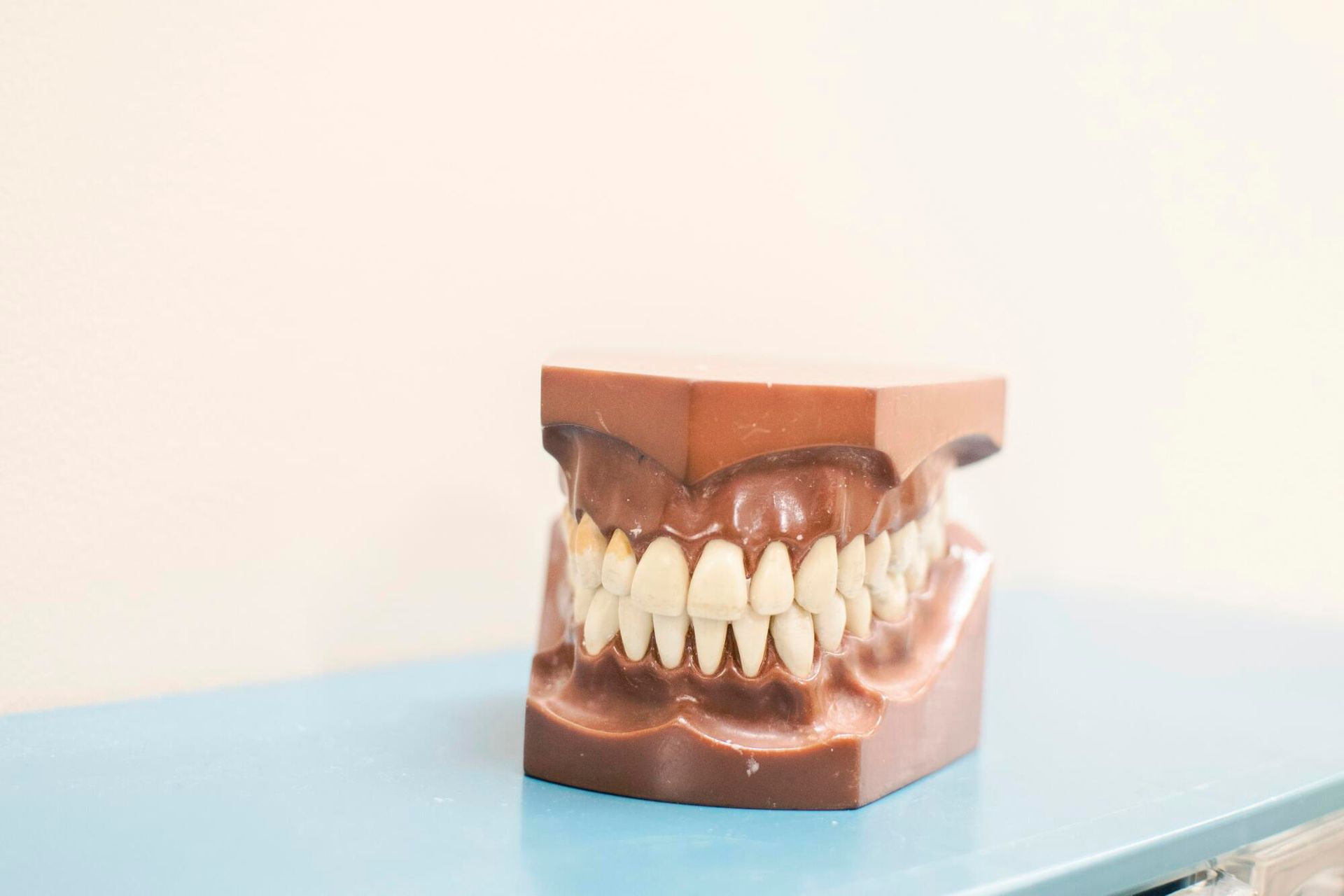The Office Is Not In Network With Medicaid, CareSource, or any State Insurances.
The Office Is Not In Network With Medicaid, CareSource, or any State Insurances.
We Are Accepting New Patients
Serving patients in the Macedonia, OH area.
Wisdom Teeth Removal: Everything You Need to Know
Have you recently experienced wisdom tooth pain? A partially erupted wisdom tooth can develop an infection. Crowded teeth can cause misalignment, leading to other oral health issues.
Don't worry; wisdom teeth removal is more common than people think. About 85% of people need to have their wisdom teeth extracted during their lifetime.
Nervous about removing your wisdom teeth? Read on to learn about the procedure and the wisdom teeth recovery tips you'll need!
Reasons for Wisdom Teeth Removal
Wisdom teeth are the third set of molars at the back of your mouth. One to four wisdom teeth can come in when before you turn 25. However, not everyone has wisdom teeth.
There are four common reasons for removing your wisdom teeth:
- There's no room
- You have cavities or gum disease
- They erupted at the wrong angle
- They're impacted
These teeth can become impacted when there's not enough room for them to emerge. The tooth may not erupt completely from your gums. Wisdom teeth are impacted at different levels.
With hard tissue (bony impaction) the tooth doesn't emerge from the bone. In soft tissue impaction, the top of the tooth is above the bone. It's covered only by gum tissue.
A wisdom tooth can emerge at different angles (straight, sideways, angled towards other teeth, or away from other teeth). Wisdom teeth removal will prevent damage to your surrounding teeth.
A dentist or oral surgeon will complete your wisdom teeth removal surgery. Dental surgery involves cutting into your gums to remove all or pieces of the tooth.
If your wisdom teeth grow in correctly (with enough space), they may not require removal. However, about five million Americans get their wisdom teeth removed every year. Neglecting to remove impacted wisdom teeth could increase your risk of:
- Bone damage
- Infected gums
- Tooth decay
- Crowded teeth
- Misaligned teeth
- Cysts
In some cases, non-impacted teeth are removed without surgery. Visit your Macedonia dentist to determine your needs.
Before Dental Surgery
Your Macedonia dentist will tell you how to prepare for your wisdom teeth removal procedure beforehand. They may mention what type of anesthesia they plan to use and why.
You can receive anesthesia either as a gas or intravenously (through a vein). Your dentist will decide based on:
- The number of teeth they're extracting
- The complexity of the procedure
- Your comfort level
Prepare for your recovery by purchasing soft or liquid foods. These include yogurt, oatmeal, applesauce, or smoothies. Choose foods that won't require a lot of chewing.
Plan to wear comfortable, loose clothing before the procedure. If you choose IV anesthesia, wear a shirt you can roll up or one with short sleeves.
Follow your dentist's instructions about eating or drinking before the procedure. Their instructions will vary based on the type of anesthesia they use. If you choose IV anesthesia, don't eat or drink after midnight before the procedure.
Talk to your dentist about any medications you're taking. Stop taking the following medications four to seven days before surgery:
- Aspirin
- Aleve (naproxen)
- Advil (ibuprofen)
- Plavix (clopidogrel)
- Coumadin (warfarin)
These medications could increase your risk of bleeding problems. Discuss any vitamins, supplements, or over-the-counter medications you're taking. Avoid alcohol and tobacco for at least eight hours before the procedure.
Plan to have someone take you home after the procedure. You'll be groggy after receiving anesthesia and shouldn't drive.
Removing Your Wisdom Teeth
Your dentist will walk you through what to expect fromthe tooth extraction process. Plan to arrive 15 to 30 minutes before your appointment to fill out paperwork. Your dentist may want to perform additional X-rays.
Removing your wisdom teeth should take about 45 minutes. You'll wear a small mask over your nose and inhale the anesthesia if you're receiving nitrous oxide. If you're receiving IV sedation, the sedative will be administered using a needle.
Once you're sedated, the surgeon will numb your wisdom teeth and gums using a local anesthetic. They'll use a scalpel to remove your gum tissue, better exposing your wisdom tooth.
Sometimes, an impacted tooth is fully or partially covered by bone. Your surgeon may use a high-speed tool to drill through and remove the bone.
Once the tooth is exposed, they'll use surgical instruments to loosen it from connective tissue in the tooth's socket. They'll extract the tooth and close the wound using stitches. Most surgeons use removable stitches that don't require later removal.
Once you're brought out of sedation, you'll wait in the recovery room. You may experience mild effects of anesthesia, including:
- Shivering
- Dizziness
- Nausea
You may feel swollen or groggy. Patients usually spend less than an hour in the recovery room. Once you're cleared, someone can drive you home.
Wisdom Teeth Recovery Tips
For the first 24 hours after surgery, avoid rinsing your mouth vigorously. Don't drink through a straw. You should also avoid brushing near the extraction site.
Some swelling or wisdom tooth pain is normal in the days following your surgery. You may struggle to open your mouth all the way. Healing can take up to six weeks.
Follow your dentist's wisdom teeth recovery tips:
- Take medications as prescribed
- Use an ice pack to curb swelling
- Use moist heat for jaw soreness
- Gently exercise your jaw
- Eat soft foods
- Drink plenty of liquids
The day after your surgery, start brushing your teeth. Don't brush against any blood clots. Try rinsing your mouth gently using salt water.
You shouldn't smoke, which can slow the healing process. Avoid eating sticky, crunchy, or hard foods. They may scratch your wounds.
If you have a fever, call your dentist right away. Let them know if the pain or swelling doesn't improve.
Discuss Wisdom Teeth Removal Today
Wisdom teeth removal can feel like a daunting procedure. However, not removing your wisdom teeth can lead to complications. With these wisdom teeth recovery tips, you can return to your normal routine in no time.
Not sure if removing your wisdom teeth is the right choice? Consult your Macedonia dentist.
Q & A Dental Care is a comprehensive dental clinic. We're dedicated to providing our patients with the highest quality of dental care and uncompromising customer service.
We'll make sure your patient experience and dental surgery are comfortable. Contact us today to discuss your wisdom tooth pain.
Website designed and maintained by Xpress, INC
All Rights Reserved | Q & A Dental Care



